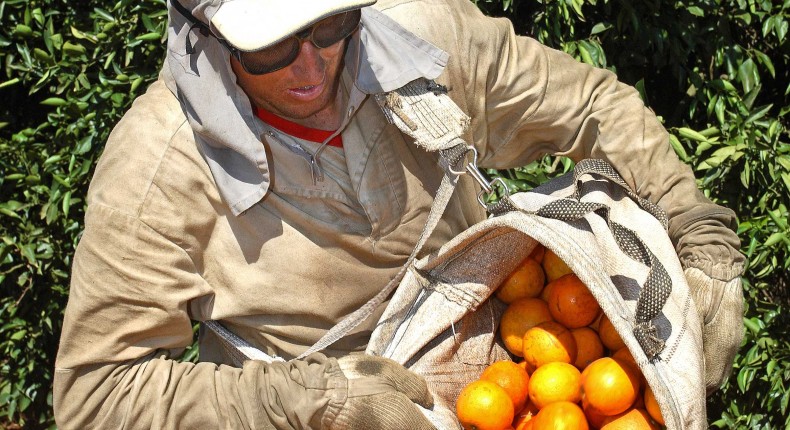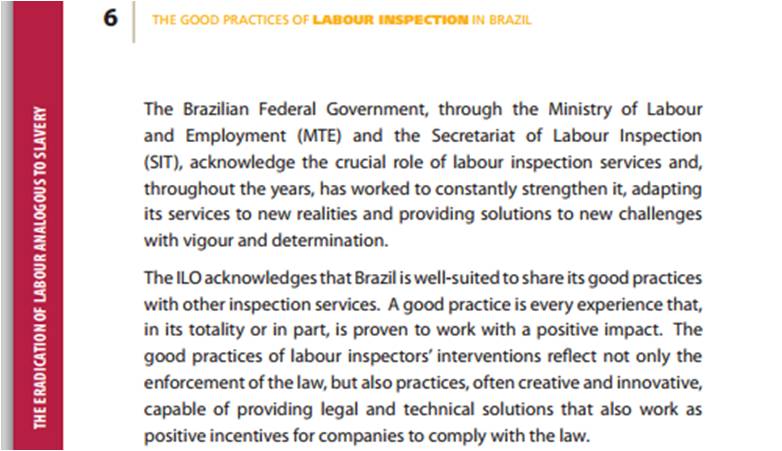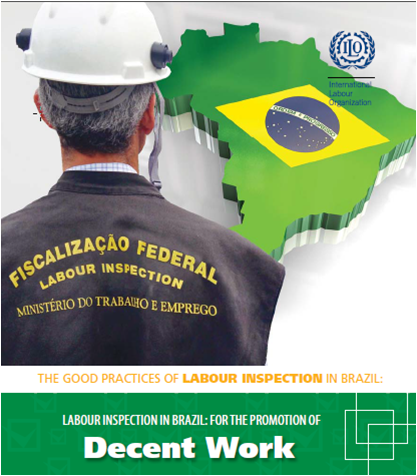29
set

Inspections to verify working conditions in Brazil
Under Brazilian legislation, inspection of work is the exclusive prerogative of the Ministry of Labour and Employment (article 21, Brazilian Constitution), through its workplace inspection secretariats and the regional labour inspection superintendents’ offices.
The Ministry covers the entire territory of Brazil, and all kinds of establishments and properties are encompassed, be they public or private, professional or not-for-profit; this includes foreign ships in Brazilian waters.
Provided they produce the right credentials, labour inspectors may freely enter any place that is subject to inspection at any time of day, and without warning. During such a visit they will typically check compliance with legislation and regulations governing working conditions and labour rights.
Employers in breach of the laws or proving negligent in their application of the law are warned and are subject to sanctions, repeat inspections, fines, prosecution and in extreme cases their operations may be halted.
Since the government has only a limited number of labour inspectors, criteria are used in order to define inspections. Abuses denounced by trade unions, civil society organizations, or workers, for example, are given priority. The MPT website provides another way of making anonymous accusations.
When an establishment is inspected, the officials may ask to see documentation about previous periods, not only concerning the moment of the inspection; employers must therefore make sure all workers are currently registered, and wages and taxes properly paid up, in addition to carrying out procedures laid down in the law, such as medical examinations on hiring and dismissal, and possessing correct safety certificates.
In addition to routine inspections, the Ministry also carries out campaigns on specific issues such as correct registration of workers, and the eradication of child labour.
The ILO has acknowledged Brazil’s labour inspection work to be an example to be followed, in its document entitled “Good practices of labour inspection in Brazil”, the highlight of which is the country’s experience in eradicating child labour and forced labour.
The Federal Government recently announced a package to boost the inspection of informal labour, increasing fines, training more than 1,500 new inspectors, and enhancing electronic monitoring.
- |


